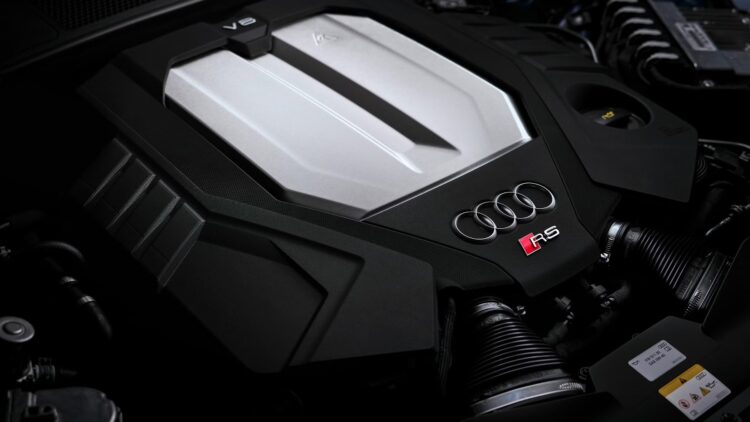For the past few years, the automotive industry has been exploring various ways to phase out combustion engines in response to growing environmental concerns. As such, they have developed, tested, and rolled out sustainable alternatives such as vehicles powered by hydrogen engines. Now, Audi, a major car manufacturer in Germany, has contributed to the effort by introducing an all-electric vehicle (EV) in its production lineup.
The Audi A6 e-tron: A seamless blend of elegance and sustainable innovation
Sleek and sophisticated, the Audi A6 e-tron sedan was designed with the specific intention of redefining the standards for EVs. Its striking exterior combines smooth lines and sporty proportions that lend themselves to the car’s modern aesthetic. It is available in two variants: the entry-level Avant and the more dynamic Sportback.
However, it’s under the hood that sets the A6 e-tron apart from its competitors. It’s built on advanced Premium Platform Electric (PPE) architecture, which enables this EV to exhibit impressive performances, aerodynamics, and a long range of over 435 miles for the Avant and over 447 miles for the Sportback.
Powered by an 800-volt, lithium-ion battery system that incorporates an energy storage of 100 kilowatt-hours, the engine’s electric motor has a charging capacity of 270 kilowatts, allowing it to generate an output of 210 kilowatts. Total electric torque is 416 pound-foot for the Avant and 428 pound-foot for the Sportback.
Altogether, this engine system allows this EV to be fully charged within 10 minutes and reach a top speed of 130 miles per hour.
The A6 e-tron has the potential to become the pinnacle of energy efficiency
In terms of sustainability, the Audi A6 e-tron, specifically through its ultra-efficient engine, prioritizes environmental responsibility. This makes it an attractive option for eco-conscious buyers.
Oliver Hoffman, an Audi Board Member for Technical Development, believes that the EV offers a glimpse into the future where PPE architecture serves as the foundation for the next generation of the car company’s EVs.
“With the Audi A6 Avant e-tron concept, we are offering a completely tangible look at future production models on our new PPE technology platform,” said Hoffman. “We’re not just electrifying the Avant’s successful 45-year history. What we want most of all is to use technical skill to add an exclamation point.”
Dr. Moni Islam, the Head of Aerodynamics/Aeroacoustics Development at Audi, concurs: “Our customers expect a long range, so the vehicles have to be efficient… In the coming years, energy efficiency will become a dominant topic in our society.”
The dawn of the electric age promises a green future, albeit at a big expense
As is the case with most innovative vehicles, the prices are quite steep. The price tag for the Avant starts at $70,415.81, while the Sportback will set you back from a starting price of $68,613.08. That is a huge sum for potential buyers, although many will find the costs justifiable due to the EV’s green benefits.
Most countries are also finding it difficult to adapt to the transition towards EVs. This would mean having to give up combustion engine-powered vehicles and invest in infrastructure that supports charging stations—an economic and logistical challenge that could take a long time to implement.
Finally, there are environmental and ethical concerns regarding the engine’s lithium-ion battery. Ecological degradation and human rights violations related to lithium mining are just some of the issues that may overshadow the A6 e-tron’s progress.
Ultimately, the A6 e-tron is Audi’s most innovative entry into the EV market. By combining cutting-edge technology and sustainability, it is setting a precedent for renewable energy options. Here’s hoping others will follow Audi’s lead.

